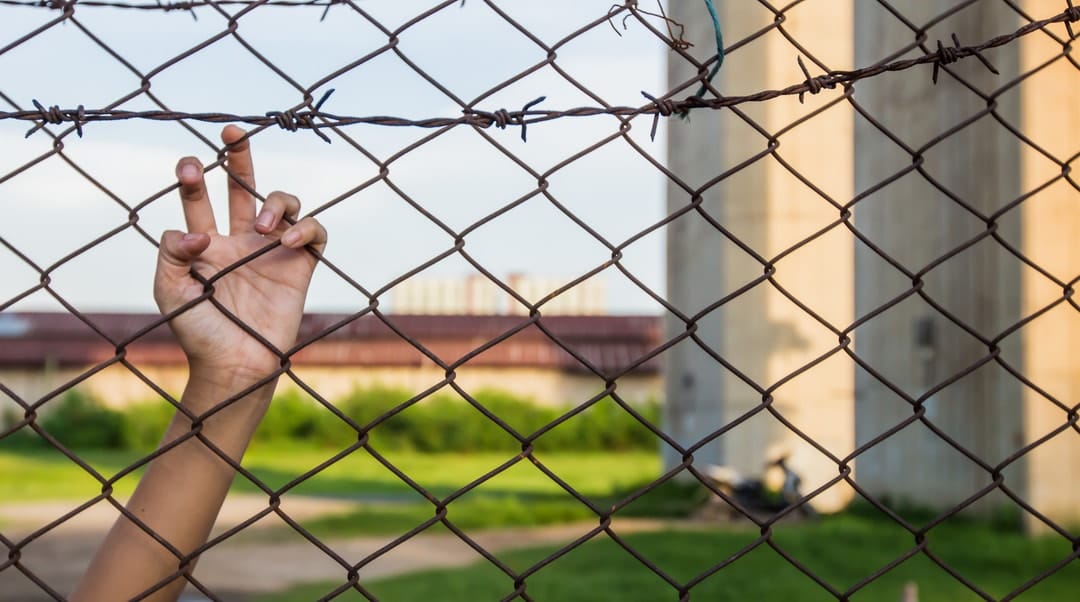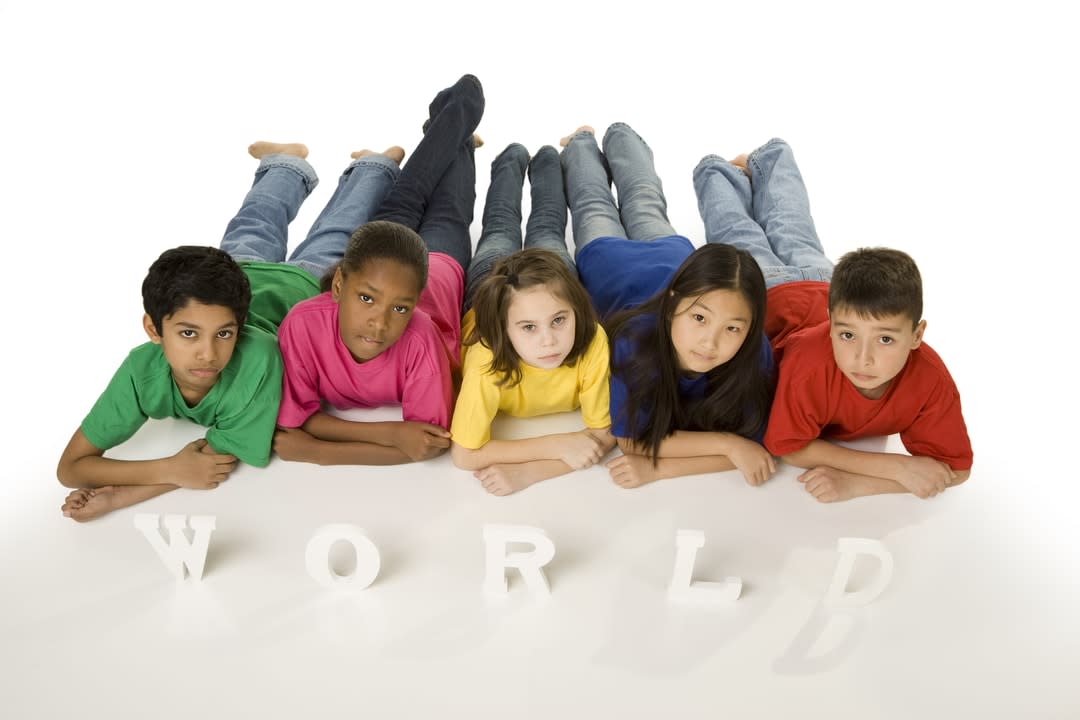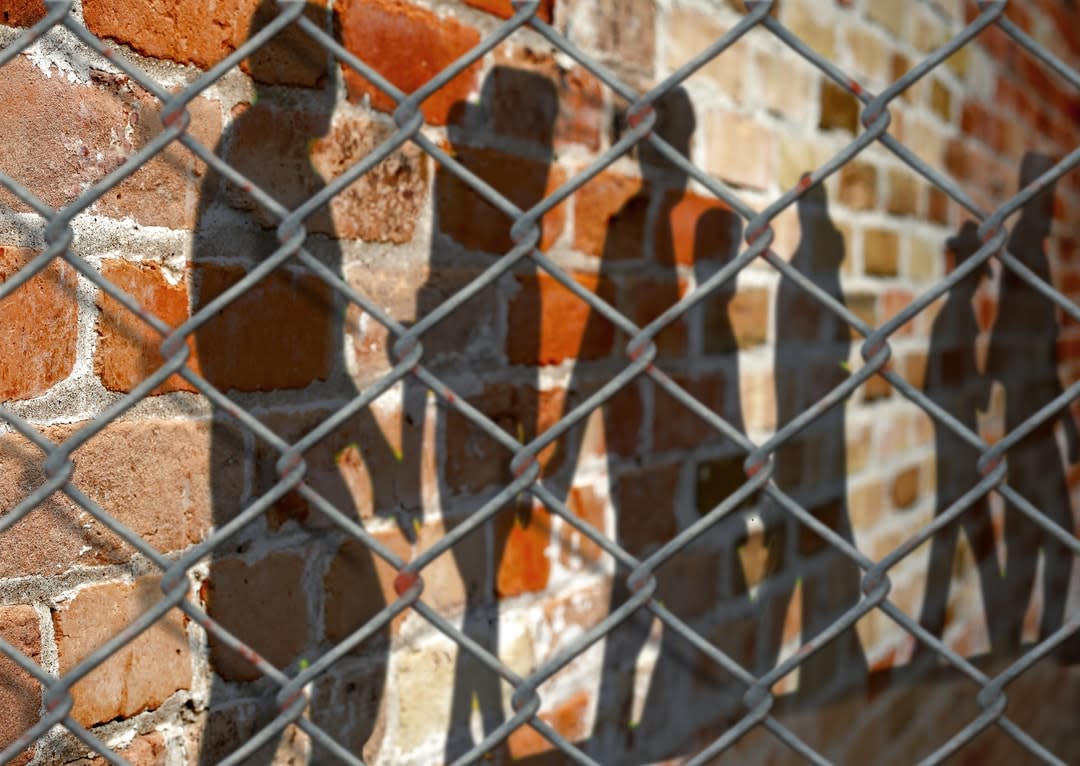
Today is World Children’s Day and also the anniversary of the United Nations Convention on the Rights of the Child, yet, children in the criminal justice system in Australia are still being silenced and denied their rights.
The 1989 Convention is the most widely ratified international human rights treaty in history. It sets out the rights of children, such as their right to healthcare, education, clean water, protection from violence, and importantly, their right to participate and have their own say in decisions that affect them.
While many governments, including the Australian Government, signed up to the Convention in 1990, as a country it is deeply concerning that we still do not have a national strategy or national measures to ensure the implementation of appropriate protection of children’s rights.
Having a voice and being heard
Around the world, many individuals, organisations and children and young people today are coming together to mark 20 November as a day of celebration, by hosting events and posting on social media. One such example is the release of results by UNICEF Australia of its national conversation with children and young people, called #WorldChildrensSay.

UNICEF asked children and young people to identify the issues that they consider to impact most on their lives in Australia. This conversation involved collecting submissions from a social media campaign, a conference with children aged 5 to 12 years-old and the results from a national survey of children and young people aged between 10 and 16 years in Australia.
While there is a lot of progress to celebrate, there is still a lot more to do, particularly for children in the criminal justice system, who are routinely marginalised, mistreated and demonised. Their voices are routinely silenced.
We are very much at a crossroads in Victoria and all proposed reforms to the criminal justice system should be utilising the core principles of the Convention on the Rights of the Child, as its core building blocks.
Children in the criminal justice system denied their rights
The Convention on the Rights of the Child states that children should only be detained as a measure of ‘last resort’ and for the shortest possible period, yet we know that Australian children as young as 10 experience isolation or seclusion in youth justice centres, with a high level of children and young people on remand and unsentenced while in custody.
This was echoed in a recent published report by the Australian Institute of Health and Welfare (2019) which looked at young people who were under youth justice supervision in Australia during 2017–18. The AIHW found that:
- 5513 young people aged 10 and over were under youth justice supervision on an average day in 2017–18 and 10,638 young people were supervised at some time during the year. Among those aged 10–17, this equates to one in every 486 young people on an average day
- Almost one in five (18 per cent or 974) young people under supervision were in detention
- About three in five (60 per cent) young people in detention on an average day were unsentenced
- Those from geographically remote areas had the highest rates of supervision
- Indigenous young people (70 per cent) were more likely than non-Indigenous young people (60 per cent) to have been under supervision in a previous year
- On average, Indigenous young people entered youth justice supervision at a younger age than non-Indigenous young people.
The UN committee highlighted serious concerns about children’s experiences in Australia, with Australia’s progress examined this year; a process which happens every four to five years. The UN committee report made a number of major recommendations on criminal justice issues, including urging the Australian government:
- to immediately raise the minimum age of criminal responsibility from 10 to an internationally acceptable age of 14
- to immediately implement the 2018 recommendations of the Australian Law Reform Commission to reduce the high rates of Indigenous children who are imprisoned
- to prohibit the use of isolation and force against children in detention, including the use of restraints, and immediately investigate all cases of abuse and mistreatment of children in detention
- to urge the Northern Territory and Western Australia to review and repeal mandatory minimum sentences for children.

We have long had this evidence base, yet little appears to have changed.
While politicians ignore the realities of a failing system and fail to address the structural, social and economic inequalities that exist, more children experience the sharp end of the continuum of failings, in a system which does not provide them with the care, protection or opportunities to have their voices heard.
Call to Action
As the international community shines a spotlight on children’s rights on this day, events such as this one provide an opportune moment for advocates, practitioners, young people, academics and decision-makers to come together to reflect on the concerns raised about children’s treatment in the criminal justice system.
The newly released United Nations international General Comment on ‘child justice’ gives those working in the space of children’s rights and youth justice a renewed focus and key principles to push for much needed change.
In moving forward, we clearly now need political will to bring about much needed change in Victoria and throughout Australia. There must be a recommitment to upholding the principles of the Convention on the Rights of the Child, coupled with political will and determination. This will enable us all to ensure that children’s lives improve for the better.





